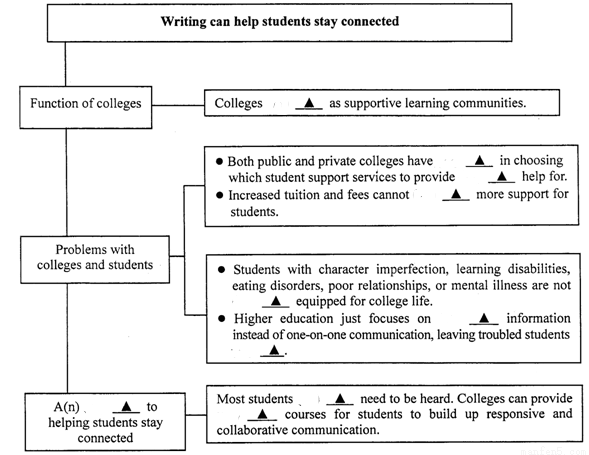题目内容
--- Mr. Li will drive us to Shanghai tomorrow.
一But I suppose taking a train would be a better choice: He__like crazy, you know.
A. drives B. will drive
C. is driving D. drove
A
【解析】
试题分析:考查动词的时态。句意:李先生明天开车载我们去上海。但是我认为坐火车是更好的选择,你知道,他开车很快的。根据句意推断这是李先生平时一贯的行为,故选A项。
考点 : 考查动词的时态

练习册系列答案
 名校课堂系列答案
名校课堂系列答案
相关题目




